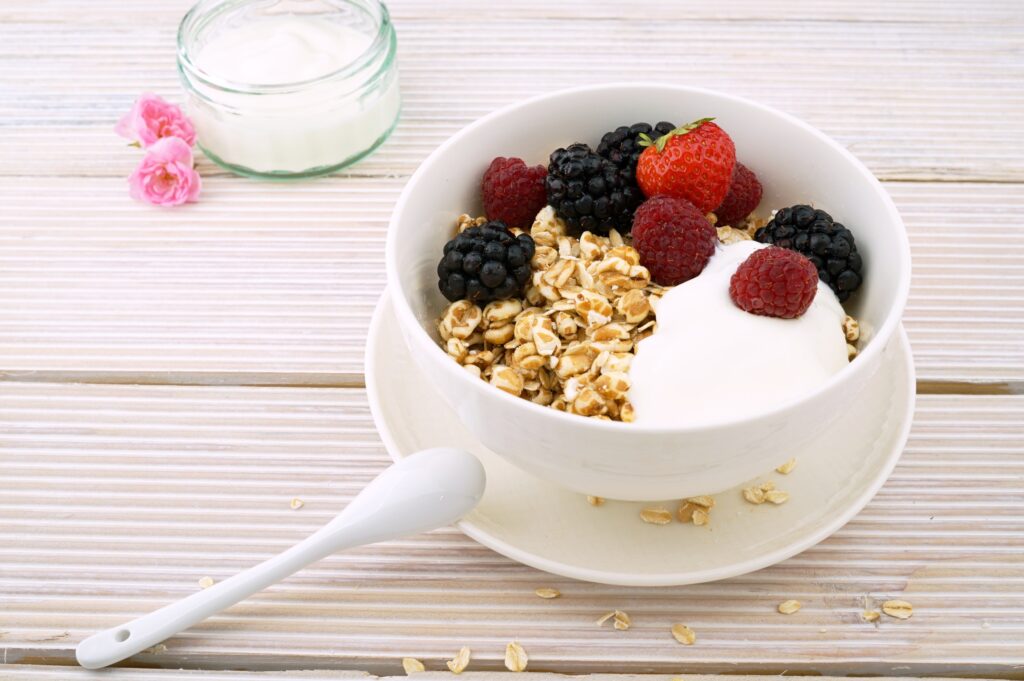
How to Improve Your Gut Health.
In last weeks post, we looked at our Microbiome and how this colony of bacteria supports our overall health.
Creating a healthy Gut Microbiome is one of the most important things we can do for our health and wellbeing.
If your bacteria are sick, you are sick!
Almost 70% of your immune system is housed by your gut.
The essential part of the immune system is to maintain a balance between reaction and tolerance. Diverse gut flora is needed for this as an unbalanced gut creates an unbalanced immune system.
What contributes to Gut Health imbalance?
- Antibiotics – These are important medicines and have saved countless lives over the years, however, they do kill good bacteria as well as bad. It can take 1-4 weeks for gut flora to return but their numbers can fail to reach their previous levels. The harmful effects can last up to two years.
- Movement – Or rather lack of it have been shown to play a part in decreased good bacteria
- Cigarette smoke – This is made up of 1000’s of chemicals, some of which cause Cancer. It has a detrimental effect on nearly every organ in your body. Smoking increases inflammation in the body by reducing the diversity of bacteria in the gut.
- Poor Sleep – Disrupting the body clock through lack of sleep may have harmful effects on your gut bacteria.
- Stress – Stress can increase sensitivity and alter the gut bacteria as it increases harmful bacteria such as Clostridium.
- Artificial Sweeteners – These can negatively affect blood sugar levels and can increase the number of harmful bacteria in your gut, more on this another week!
How can we improve our Gut Health?
Each group of bacteria plays a role in our health and requires different nutrients to grow which is why it is important to have a varied diet. Along with managing the above imbalances,
Fruit & Vegetables are the best source of nutrients for a healthy microbiome.
They are higher in fibre which can’t be digested by your body but it can be digested by certain bacteria in your gut which increases their numbers by feeding them 🙂
Some high fibre feeders include:
- Raspberries
- Artichokes
- Peas
- Broccoli
- Chickpeas
- Beans
- Lentils
- Wholegrains
These are also what we call prebiotics. In addition to the above list, other good prebiotics are,
- Oats
- Bananas
- Asparagus
- Garlic
- Onions
- Leeks
- Nuts
Fermented foods are excellent for building friendly gut bacteria. This is because they are rich in probiotic bacteria. So by consuming fermented foods, you are adding beneficial bacteria and enzymes.
Fermented foods include:
- Kefir
- Kombucha
- Sauerkraut
- Pickles
- Miso
- Tempeh
- Natto
- Kimchi
- Wine
- Apple cider vinegar
- Sourdough bread
If these don’t appeal to you, you could take a good quality probiotic supplement.
So, we need to eat Prebiotics foods to give us the fibre, carbohydrates and sugars that the Probiotic bacteria feed on and multiply with.
Thinking about your current diet and trying to figure out how you can make all these changes can be overwhelming.
We have to think of long-term lifestyle change, habit change, and this has to be taken slowly in order to be sustainable.
The new habit has to be,
- Really easy to do
- You have to know when exactly you will do it
- There needs to be a positive emotion attached to it
- You need to be motivated to make the change and then ride that wave!
- Start small
What can you implement today, and then do consistently for a week? Then add another and do both, etc etc….
To receive my FREE Habit Tracker straight into your inbox to help you make your changes, make sure you subscribe to my weekly blog post via my website.
*****
If you would like to chat with me about your unique menopause transition, book a Wild Well-Being call and come away inspired and motivated to begin your journey to optimal health.
